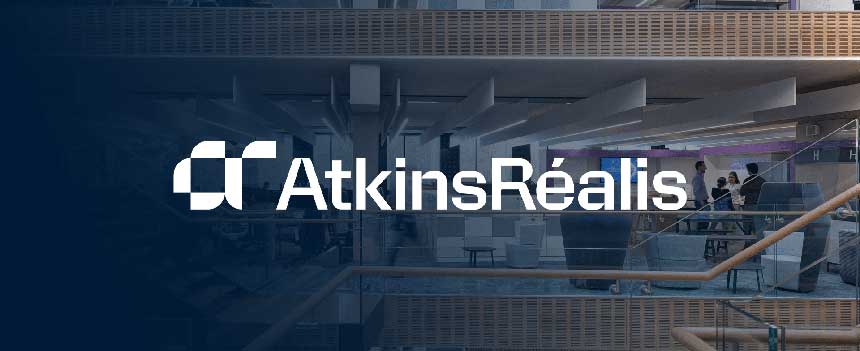Simplified Data Access
At the centre of this project was a need to simplify the data processes at NHS Blood and Transplant. Data is now more accessible and user-friendly, and no longer confined to complex systems and spreadsheets. Telefónica Tech has helped NHS Blood and Transplant reduce its excess of reports and instead use dashboards with drill-down options.
“It is one screen, and you can then do much more exploration,” Breeds says. This is leading to quick decision-making by frontline NHS staff, who no longer have to make a request to IT for a report. “We have focused on simplification. Instead of 33 reports, there is one dashboard connected to all the dependent information.” Now, frontline experts in blood and transplant processes have data insights available to them.
Improved Analysis
Early benefits being delivered include analysis and improvements to donor sessions. The NHS Blood and Transplant data team has analysed patterns that lead to donor session cancellations, which is disruptive to donors and the entire supply chain. Data has revealed regional differences, the impact of weather or events such as a conference close to a donation venue. This information will better inform NHS Blood and Transplant and how it schedules its vital donation sessions. Breeds adds that data on incidents, such as a donor being bruised, could also be used to support staff training requirements.
The early successes of this project have resulted in a nomination for the UK Government’s Project Delivery awards. This project has delivered on all the criteria the awards look for, including lower costs, better use of resources and faster decision-making.
Understanding Donors and Recipients
NHS Blood and Transplant will also gain improved insight into its blood, plasma and tissue stock types and then do forecasting. This, in turn, will lead to an ability to target donors who can help with less common blood types and those from ethnic minorities. In the near future, NHS Blood and Transplant will also be able to understand how the blood is used by NHS hospitals across England.
Breeds says: “We are en route to improve all areas of a multifaceted organisation. We are now able to put information in front of as many people as possible, which will really improve forecasting.”
“Our mission is to save and improve lives, and this project was designed to better understand our donors and our recipients.”





